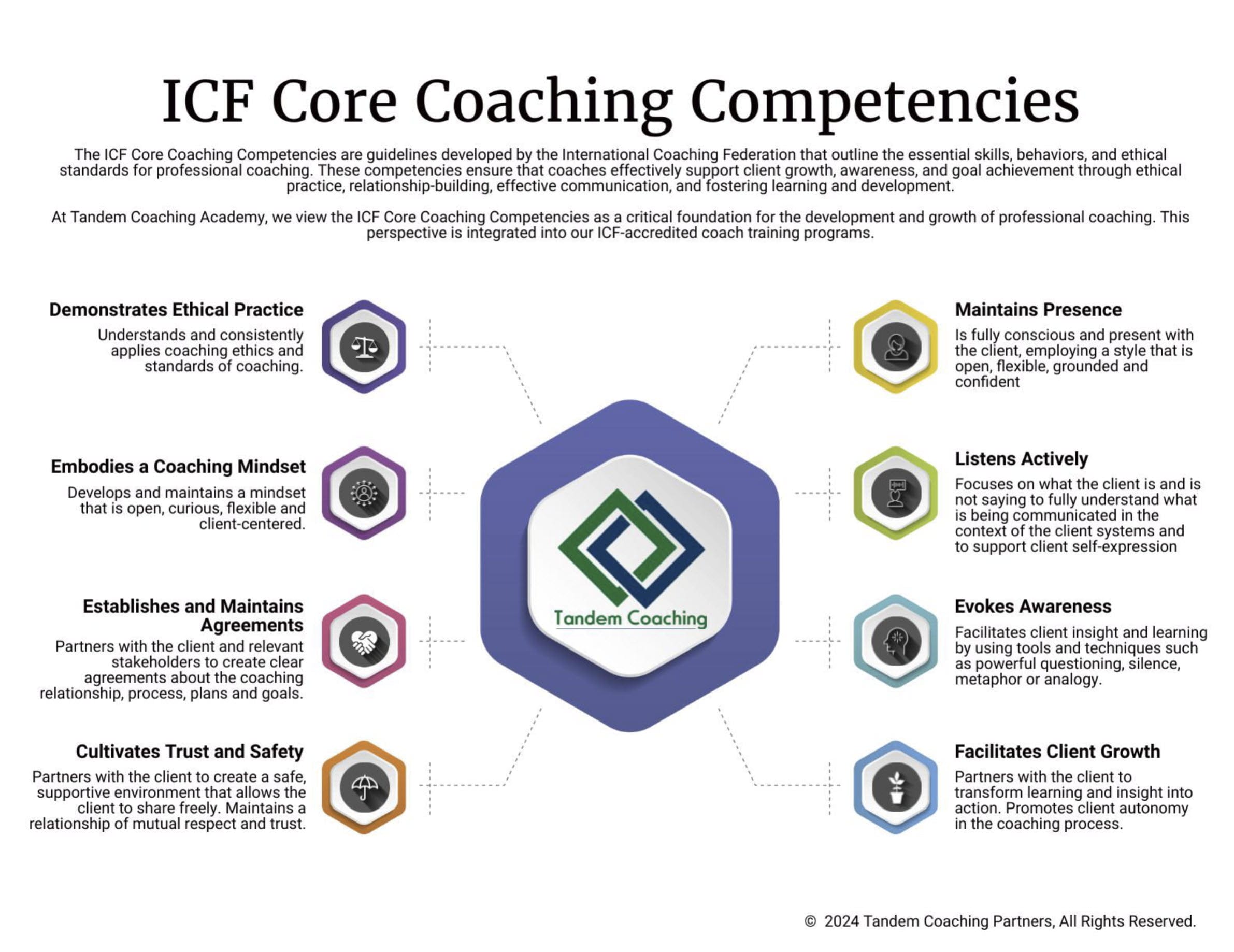Ask any Agile practitioner these days what Agile values are and he, most likely, will recite you some lines from the Manifesto for Agile Software Development. Ask him the final line of the said Manifesto and the result might be quite different, but I digress right in the first paragraph.
Ask a Scrum practitioner and he’ll give you 3-4, maybe 5, if he’s real good, values Scrum holds dear.
Next ask a different question, “What ARE the values? What are we talking about here?” And you’ll be lucky if you hear a half-baked off-the-cuff answer. Sometimes it’s just like, “well, values are values, those are what’s valuable.” Duh…
A quite interesting viewpoint and a crisp definition comes from Mark Manson’s “Subtle Art of not Giving a F*ck”.
It takes time and hard work (with a lot of tears in the process) to peel the “self-awareness onion”.
First comes awareness. Let’s admit, sometimes it’s really hard to recognize and admit that some things annoy you, and some make you happy. In the world of eternal sunshine, where everything is always “fine”, it became insurmountably hard to even face emotions, lest name them.
Second, goes understanding. As you are past recognizing and naming the emotions and things that cause those, it’s time to ask, “Why does it make me feel that way? What is the root cause for the emotion?” Surprisingly, a simple 5 whys exercise helps here greatly.
As you are past that second layer, Manson contends, there is the deepest third one. That’s where our personal values reside.
“Values underlie everything we are and do. Values are our guiding principles that drive every decision we make more than anything else.”
Another way to look at it would be, values are the standards we judge ourselves and everything around us.
These are the driving forces behind our understanding and perception of successes and failures. They are the things we choose to build our metrics systems around.
How we measure ourselves is important as well. Choose the bad metrics and you might not recognize your inherently honorable and virtuous values system.
There are bad values. There are good values. Good values are internal, while bad ones mostly external. Good values are reality-based, socially constructive and immediate and controllable, while bad ones are superstitious, socially destructive and not immediate or controllable.
Those that fall in the former category, that the author cites, are honesty, innovation, vulnerability, standing up for oneself, standing up for others, self-respect, curiosity, charity, humility, creativity. Interestingly enough this list intersects with the values of the humble, hungry and smart ideal team player we learned about from Patrick Lencioni and his “The Ideal Team Player”.
The bad values fall into 4 broad categories, pleasure (which is great by itself but quite fleeting, superficial and a horrible value to build one’s life around), material success (those “how much money is enough” surveys and studies exist for a reason), always being right (the smartest guys in the room come immediately to mind – they never learned did they? And how could they since they were always right?), and staying positive (problems don’t go away just because you choose to ignore them – sweep enough of those under the rug and soon you will have a tiny rug on a mountain of problems).
With all these grams of wisdom I absolutely recommend Mark Manson’s “Subtle Art…” It’s witty, harsh, and, for some, could be an eye-opener.
Also I invite you to measure those Scrum values (and yes, there are 5 of those) against the criteria above. Check each of those – courage, commitment, focus, openness and respect – against the criteria of reality-based, socially constructive and immediate and controllable. If you, at the end of that exercise, find yourself with less than 15 checks, some soul searching might be in order. But then again, you probably should not give a f*ck anyway.

Unlock Your Coaching Potential with Tandem!
Dive into the essence of effective coaching with our exclusive brochure, meticulously crafted to help you master the ICF Core Coaching Competencies.
"*" indicates required fields
About the Author
Cherie Silas, MCC
She has over 20 years of experience as a corporate leader and uses that background to partner with business executives and their leadership teams to identify and solve their most challenging people, process, and business problems in measurable ways.
















